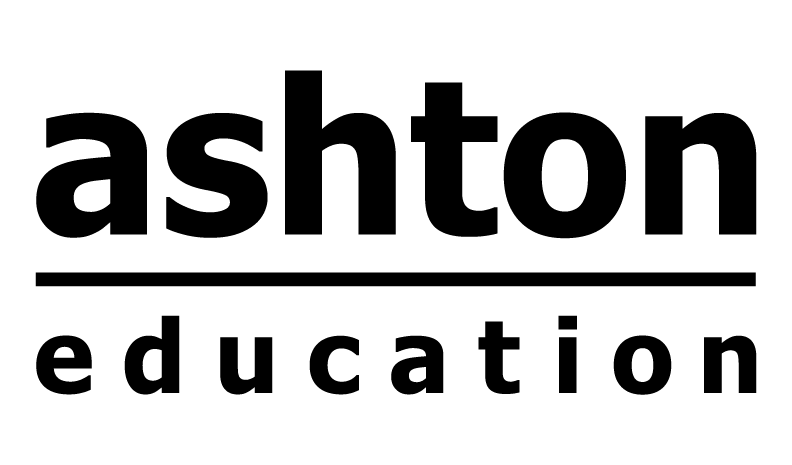7 Signs You Were Meant to Work in Human Services
Have you found yourself considering a career in Human Services?
This interdisciplinary field aspires to meet human needs through service stemming from an applied knowledge base. It is both preventative and remedial in its effort to improve the overall quality of life of the populations it serves. It ties together social theory with scientific theory such as developmental psychology.
Examples of human service career programs include Education Assistant Program, Developmental Service Worker Diploma, or Professional Coach Program.
As an Education Assistant, you would be working in schools, primarily with children. Your support would allow students with special needs to navigate their coursework and classroom learning environment.
As a Developmental Service Worker, your clients could be of a variety of ages. You might work with families to assist a client in the home environment, typically with the goal of maximizing the independence of your client. Clients could have developmental disabilities, intellectual disabilities, or social or personal problems that a service worker could be engaged to support.
As a Professional Coach, you would provide guidance and support as your clients work to meet goals in the personal, professional, or financial spheres. You may help clients break down goals into more manageable parts, check in with clients on progress and provide encouragement and support when obstacles are encountered.
You may be wondering whether such a career is right for you. Let us look at 7 indications that you may be well-suited to this rewarding field.
- You are a compassionate person; yes, it sounds simple, but this is one of the most essential traits of those working in the Human Services field. To have empathy for others, to be able to connect emotionally and to be emotionally present.
- You are curious about community resources, and you are motivated to make connections in your community that could benefit your clients.
- You are curious about human development, from a theoretical point of view but also in practice.
- You are creative with your methods of delivery, understanding that each client has a unique ability to understand, express, and connect.
- You are patient; often healing is not linear and supporting another person’s development requires a level of understanding that progress may not always be evident, or immediate.
- You have an ability to reframe challenges as opportunities.
- You can work within a structure (following guidelines, reporting to a manager in a structured system), but you are also spontaneous and aware that in working with people, the element of uncertainty exists. It is important to note that this does not mean that you operate with disregard for the code of ethics of your profession.
If after reading this list, you think you may be right for a career in Human Services, why not explore some of the exciting career programs available at Ashton College? Or check out our continuing education courses, like our Gerontology course, or dyslexia training.
May is Mental Health Awareness Month; mental health touches all of us, and in service professions there is a particular need to check in with self, in order to maintain well-being while caring for others. The B.C. government has launched a service for students, Here2Talk, with free counselling available to students in post-secondary. HealthLinkBC also provides a list of resources.



